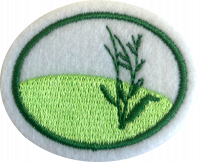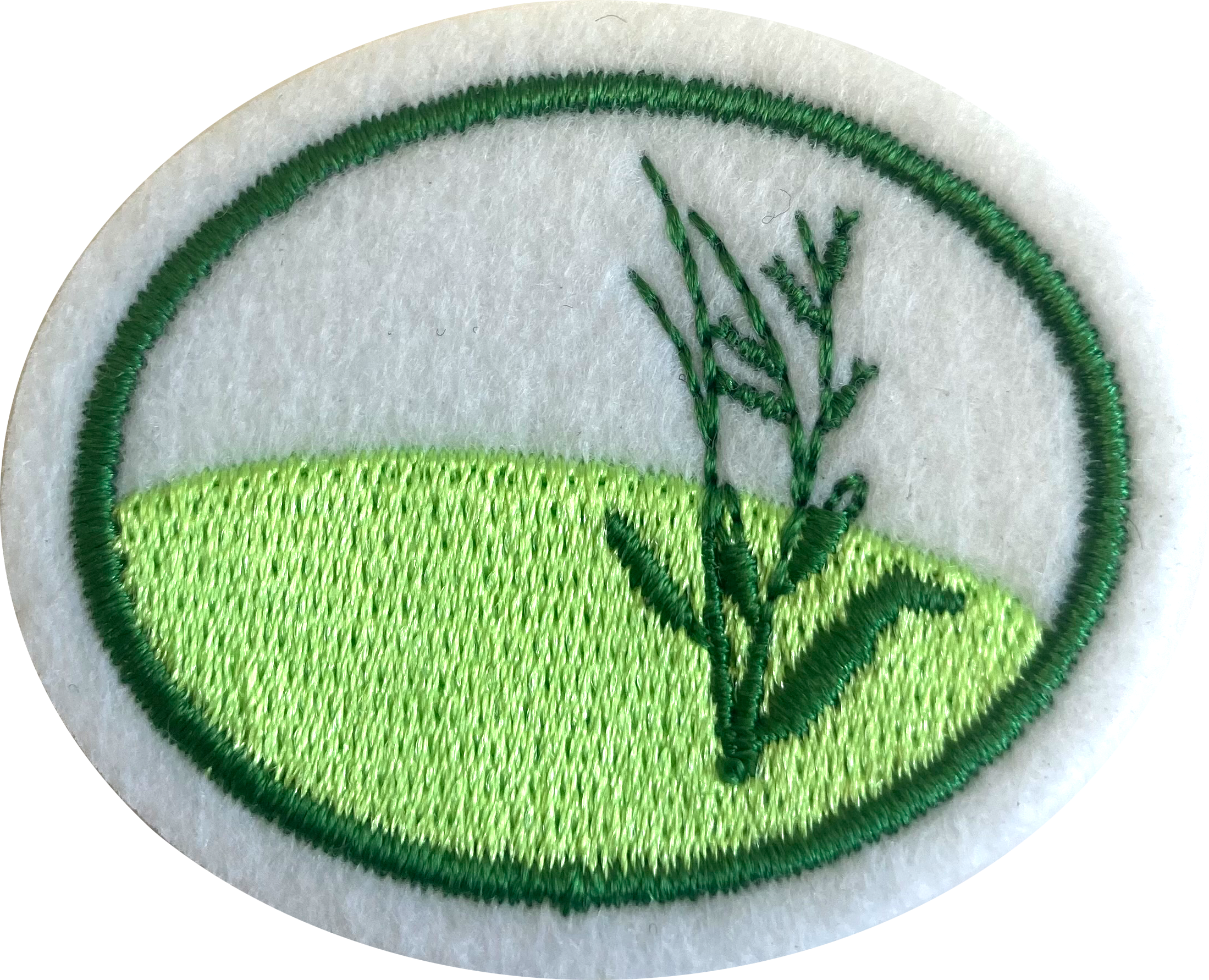Difference between revisions of "AY Honors/Temperate Grasslands/Answer Key"
From Pathfinder Wiki
< AY Honors | Temperate GrasslandsAY Honors/Temperate Grasslands/Answer Key
(Marked this version for translation) |
|||
| Line 207: | Line 207: | ||
<noinclude><translate><!--T:51--> | <noinclude><translate><!--T:51--> | ||
</noinclude> | </noinclude> | ||
| − | <!-- a. | + | <!-- a. Visit a wild grassland and mark off a square meter of the grassland, identifying all the species of plants and animals that you find. Write, record or share your experience with your group. --> |
<!--T:52--> | <!--T:52--> | ||
| Line 216: | Line 216: | ||
<noinclude><translate><!--T:53--> | <noinclude><translate><!--T:53--> | ||
</noinclude> | </noinclude> | ||
| − | <!-- b. | + | <!-- b. Visit a zoo and draw/photograph animals that are typically found in a temperate grassland. --> |
<!--T:54--> | <!--T:54--> | ||
| Line 225: | Line 225: | ||
<noinclude><translate><!--T:55--> | <noinclude><translate><!--T:55--> | ||
</noinclude> | </noinclude> | ||
| − | <!-- c. | + | <!-- c. Watch at least 15 minutes of a live feed or video of a grassland and discuss what you learned. --> |
<!--T:56--> | <!--T:56--> | ||
| Line 234: | Line 234: | ||
<noinclude><translate><!--T:57--> | <noinclude><translate><!--T:57--> | ||
</noinclude> | </noinclude> | ||
| − | <!-- d. | + | <!-- d. Create a crossword puzzle using each of the species of plants, birds, mammals and insects you identified previously that can be found in a grassland. --> |
<!--T:58--> | <!--T:58--> | ||
Revision as of 15:52, 8 March 2023
Temperate Grasslands
Skill Level
1
Year
2023
Version
10.02.2026
Approval authority
North American Division
1
What is a grassland?
1a
Where can they be found?
1b
What is required for a grassland to form?
1c
How are grasslands beneficial?
1d
What are the various types of grassland ecosystems? Briefly describe them.
2
Name three major taxonomic plant families can be found in a temperate grassland. Describe, photograph or draw five different species, and identify which of the families they fall under.
3
Label a drawing of a grass including the following: blade, node, sheath, roots.
4
Temperate grasslands can be divided into what two subgroups? What are the differences?
5
What are the two main reasons trees and shrubs are not commonly found in temperate grasslands? Under what conditions can trees grow in a grassland?
6
Be able to identify three of each of the following that can be found in a temperate grassland. Describe how their characteristics enable them to live there. Draw or photograph them.
6a
Plants
6b
Birds
6c
Mammals
6d
Insects
7
What causes the soil in a temperate grassland biome to become nutrient-rich?
8
Select a grassland and discover the following:
8a
Size
8b
Average temperature
8c
Average rainfall per year
8d
Most common type of grass
8e
Common uses of the grassland by people
9
Why is it important to conserve the world's grasslands? What are some steps that can be taken to protect grasslands?
10
Do at least two of the following activities:
10a
Visit a wild grassland and mark off a square meter of the grassland, identifying all the species of plants and animals that you find. Write, record or share your experience with your group.
10b
Visit a zoo and draw/photograph animals that are typically found in a temperate grassland.
10c
Watch at least 15 minutes of a live feed or video of a grassland and discuss what you learned.
10d
Create a crossword puzzle using each of the species of plants, birds, mammals and insects you identified previously that can be found in a grassland.
11
Prepare and present an object lesson about a plant, bird or mammal that lives in a temperate grassland. Be sure to include at least two Bible texts in this presentation.


